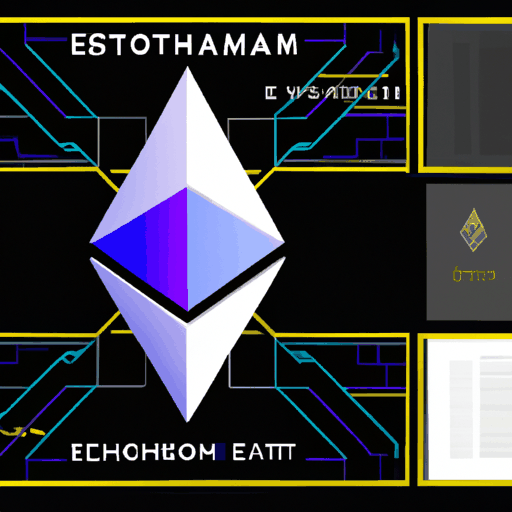
Ethereum ZKsync Criticized and Polygon Invests $5M in Zero-Knowledge Hardware
By: Isha Das
Solana co-founder Anatoly Yakovenko recently criticized the Ethereum layer-2 network ZKsync, asserting that despite claims of community-led governance, the network still operates like a multisig system. Yakovenko pointed out that ZKsync’s system could fall under the jurisdiction of courts, potentially compromising its decentralization. He emphasized that enough token holders and the professional security council could be reached by a US bankruptcy judge, who could then order control of all bridged assets.
Yakovenko's comments were directed at Alex Gluchowski, co-founder and CEO of Matter Labs, the team behind ZKsync. Gluchowski had previously announced that ZKsync’s new decentralized governance system was a critical step towards full decentralization — moving from partial to full decentralization where trust is placed entirely in the blockchain’s code and algorithms. Despite these claims, no Ethereum layer-2 network is entirely in this stage of decentralization development.
Gluchowski's announcement introduced a three-body governance structure comprising the ZK token assembly, the ZKsync Security Council, and the ZKsync Guardians. The token assembly involves token holders delegating their voting power to delegate representatives, who can then submit and vote on various proposals. All these entities collectively work to ensure no single group can have unilateral control over upgrades.
Meanwhile, Polygon has taken a significant step in advancing zero-knowledge cryptography by investing $5 million in servers equipped with custom zero-knowledge chips. This purchase is part of a deal with hardware manufacturer Fabric, which is also producing custom zero-knowledge chips specifically for Polygon’s AggLayer. The investment highlights Polygon’s commitment to enhancing the capabilities of its network through cutting-edge hardware technology.



